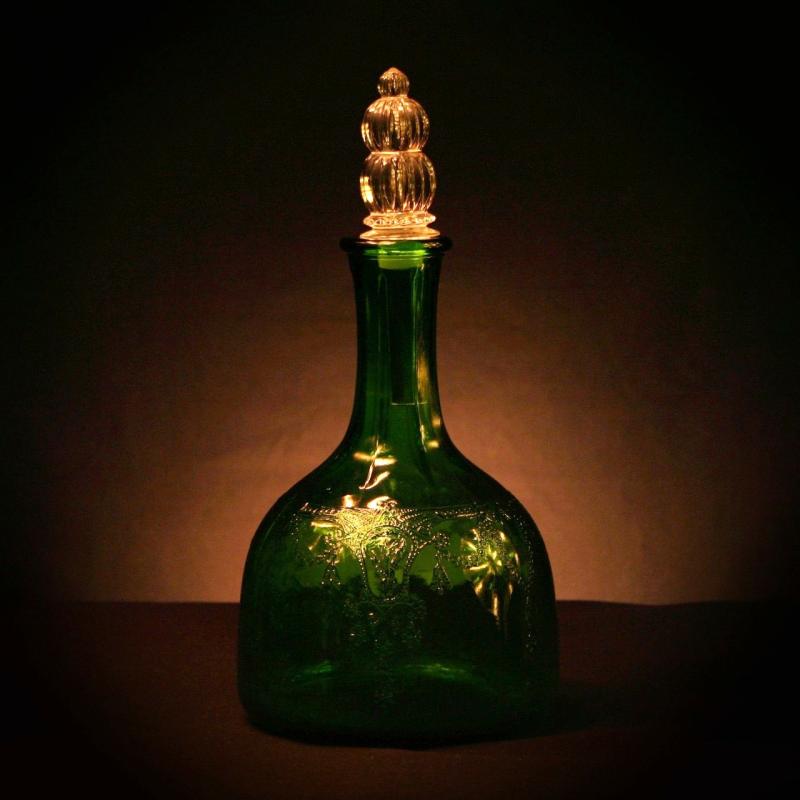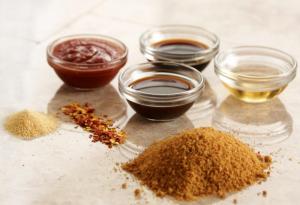
The term "distilled vinegar" (or "spirit vinegar" in the UK) is something of a misnomer when used in the US and North America, because it is not produced by distillation but by fermentation of distilled alcohol. The fermentate is diluted to produce a colorless solution of 5% to 8% acetic acid in water, with a pH of about 2.6. This is variously known as distilled spirit, "virgin" vinegar, or white vinegar, and is used in cooking, baking, meat preservation, and pickling, as well as for medicinal, laboratory, and cleaning purposes. The most common starting material in some regions, because of its low cost, is malt, or in the United States, corn (maize). It is sometimes derived from petroleum. Distilled vinegar in the UK is produced by the distillation of malt to give a clear vinegar which maintains some of the malt flavour. Distilled vinegar is used predominantly for cooking, although in Scotland it is used as an alternative to brown or light malt vinegar. White distilled vinegar can also be used for cleaning.
